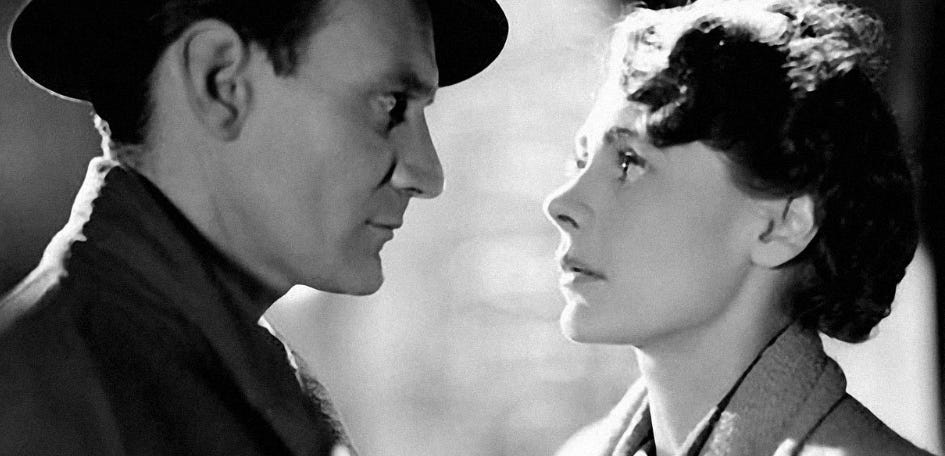Brief Encounters of the Story Kind
Writing is like a relationship
Writing a book or a short story is like a relationship. You meet a pretty girl (you think of a cool idea for a plot). You discover the girl is super smart and intelligent (the idea has depth and resonance, and is compelling), and you become even more attracted. You start on page one (you ask her out), and there begins your relationship in earnest. Your first several dates go off without a hitch, and you make good progress on the first draft. The relationship grows and blossoms.
Without extending this metaphor into the realms of the surreal, you fall madly in love (you get into the zone of writing the story), and love (your writing) flows as poetically as a Shakespearean sonnet on a summer's day.
Pause for sighing. Ahhhh...
But unlike in the real world, your relationship with your story is doomed to failure because, at some point, the relationship has to end. It must end. You can't keep writing the same story for the rest of your life. There has to be closure. We writers sometimes spend so much time with our creations that they are describable as significant others: loved and cherished, honoured and obeyed. Breaking up can be hard to do.
Sometimes, the breakup might be mutually beneficial, especially when the story has been a hard write, and there's been bickering between you and it in the course of its telling. You know those stories, the ones with lots of long silent nights spent staring at each other, with nothing to say. And you're just mopping up the loose ends, to get it over with, so you can go your separate ways, with both hoping to survive the bitter separation.
Worse is when you leave the story for another. And it sits there alone in the café of your soul, drinking endless cups of coffee waiting for your return. And when you return (after your torrid affair with another story), it's never the same.
For most writers, writing is rewriting. I think only in movies (and our dreams) does anyone start on page one, spend a couple of months working through to page 400, type in THE END, and then send the completed book off to a publisher (where, of course, it immediately sells and is immediately published)). The first draft is merely the gateway into the story. The real writing comes in the rewriting.
But rewriting can't last forever. How many times can you read over a story and refine it and polish it? Every time through you find something new to fiddle with and adjust: another adverb to throw out, another redundant word or phrase to toss, another he said or she said that can be dropped.
And every time you get to the end of a read-through, you think, yeah, let's do this just one more time.
The best way to end a story is at the train station.
You're about to board the train (to continue on your journey), and your story is going to wave goodbye from the platform. You both know it can't go on, that you must part, that it's over. You're done. All that needs to be said has been said, and you both know it.
The encounter, albeit brief, has ended.
Your train departs.
You both wave goodbye.
Tears.
To shunt this metaphor firmly into the realms of the surreal, your story then becomes your child.
It goes off on its own, and you have little or no more control over it. All you can do is sit back and watch as it grows and makes its way in the world.
Hopefully, it'll graduate from high school (i.e., sell and get published). Hopefully, at least somebody might say some nice things about it. It might even get lucky and get nominated for an award. It might even win one.
It might even mature into an adult and get picked up by another medium: audio, film, theatre, computer game (and who knows what else awaits us in the future). And it might even one day grow up to be considered something rather special: an outstanding story among its peers.
And one thing is absolutely for certain: Your story will outlive you. And long after you have gone, someone somewhere may still know of it, have a copy in his or her hand, and perceive a sense of the love that once bloomed in its creation.
Shakespeare has been dead for 400 years, and we can still sense the love in his writing:
If music be the food of love, play on;
Give me excess of it...P.S. The photo above is a still from the 1945 movie Brief Encounter. If you've never seen it, give yourself a treat.
First published: Sleuthsayers.org (April 25, 2016)
©2016 Stephen Ross


